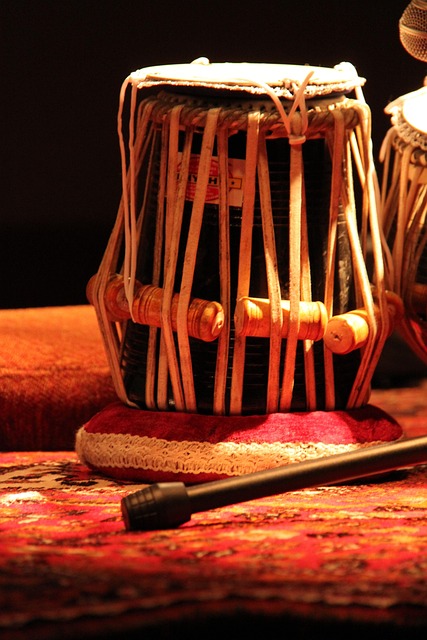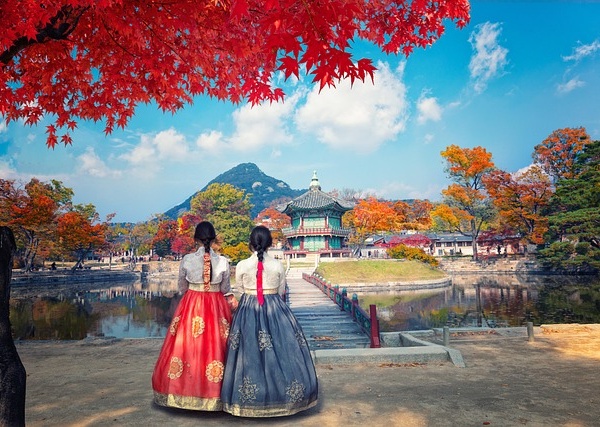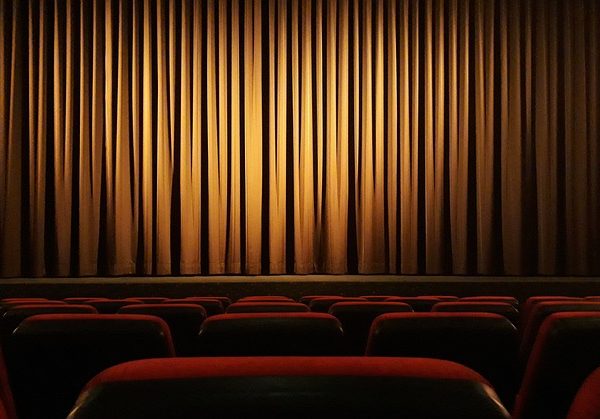Ghazal, a poetic form with a rich history rooted in classical Arabic and Persian traditions, found a perfect home in India, where it evolved into a beloved musical genre. The ghazal’s profound verses, often centered on themes of love, loss, and the philosophical musings of life, are brought to life by the singer’s soul-stirring renditions. In India, a lineage of maestros has not only preserved this art form but has also made it accessible to the masses. Here, we celebrate some of the top ghazal singers of India who have left an indelible mark on the Indian music scene.
The top ghazal singers of India:
Jagjit Singh: The Ghazal King 👑
No discussion of Indian ghazal is complete without Jagjit Singh. Known as the “Ghazal King,” he revolutionized the genre by simplifying its complex classical elements and infusing it with a contemporary sound. He and his wife, Chitra Singh, formed a legendary duo that took ghazal from the confines of mehfils (private gatherings) to the mainstream. His smooth, gentle voice and masterful command over the poetry made his ghazals accessible to a new generation of listeners. Timeless pieces like “Hothon Se Chhu Lo Tum,” “Tum Ko Dekha To Yeh Khayal Aaya,” and the iconic “Chithi Na Koi Sandesh” from the film Dushman are just a few examples of his vast and impactful repertoire. Jagjit Singh’s music has an unparalleled ability to evoke deep emotion, making him a true icon.
Pankaj Udhas: The Romantic Virtuoso ❤️
With his signature soft baritone and elegant style, Pankaj Udhas became a household name. He played a pivotal role in popularizing ghazals through his studio albums and live concerts. His rendition of “Chitthi Aayee Hai” from the film Naam remains one of the most poignant and celebrated songs in Indian cinema history. Udhas’s music is characterized by its simplicity and profound emotional depth, often focusing on themes of romance and yearning. Albums like Aahat, Mukarar, and Aafreen showcase his talent for selecting and rendering beautiful poetry. Pankaj Udhas was a master of connecting with his audience, making every performance a heartfelt experience.
Ghulam Ali: The Maestro of Patiala Gharana 🎶
A Pakistani singer who found immense love and recognition in India, Ghulam Ali is a living legend of the Patiala gharana (a school of classical music). His unique style blends classical Hindustani music with ghazal singing, giving his renditions a distinct and complex texture. Known for his technical brilliance and soulful delivery, Ghulam Ali’s ghazals are a treat for connoisseurs. His iconic tracks, such as “Chupke Chupke Raat Din,” “Hungama Hai Kyon Barpa,” and “Yeh Dil Yeh Pagal Dil,” are considered masterpieces. His influence on both Indian and Pakistani music is undeniable, and his concerts continue to draw huge crowds across the subcontinent.
Mehdi Hassan: The “Shehanshah-e-Ghazal” 👑
Referred to as the “Emperor of Ghazal,” Mehdi Hassan was a Pakistani singer whose voice transcended borders. Born in Rajasthan, India, he migrated to Pakistan after the Partition. His captivating baritone and impeccable command over ragas made him a titan of the genre. Mehdi Hassan is credited with bringing ghazal to a global audience. The legendary Lata Mangeshkar once famously called his voice the “Voice of God.” His ghazals, including “Ranjish Hi Sahi,” “Gulon Mein Rang Bhare,” and “Patta Patta Boota Boota,” are revered for their emotional intensity and technical perfection.
The Modern Legends: Hariharan and Talat Aziz 🎤
The legacy of ghazal has been carried forward by a new generation of brilliant artists. Hariharan, a versatile singer known for both his ghazals and playback singing, is a pioneer of Indian fusion music. His collaboration with Lesle Lewis in the Colonial Cousins project showcased his versatility, but his ghazal albums like Aabshar-e-Ghazal and Gulfam are what established him as a ghazal great. Similarly, Talat Aziz, a disciple of Mehdi Hassan, has carved his own niche with his soft, melodious voice. His hit song “Zindagi Jab Bhi Teri Bazm Mein” from the film Umrao Jaan became an instant classic, and he continues to be a prominent figure in the world of ghazal.
The ghazal is more than just a musical form; it’s a profound cultural expression that resonates with the human spirit. The artists mentioned above, along with many others, have enriched this tradition, ensuring its poetic charm and emotional depth continue to captivate audiences for generations to come.





